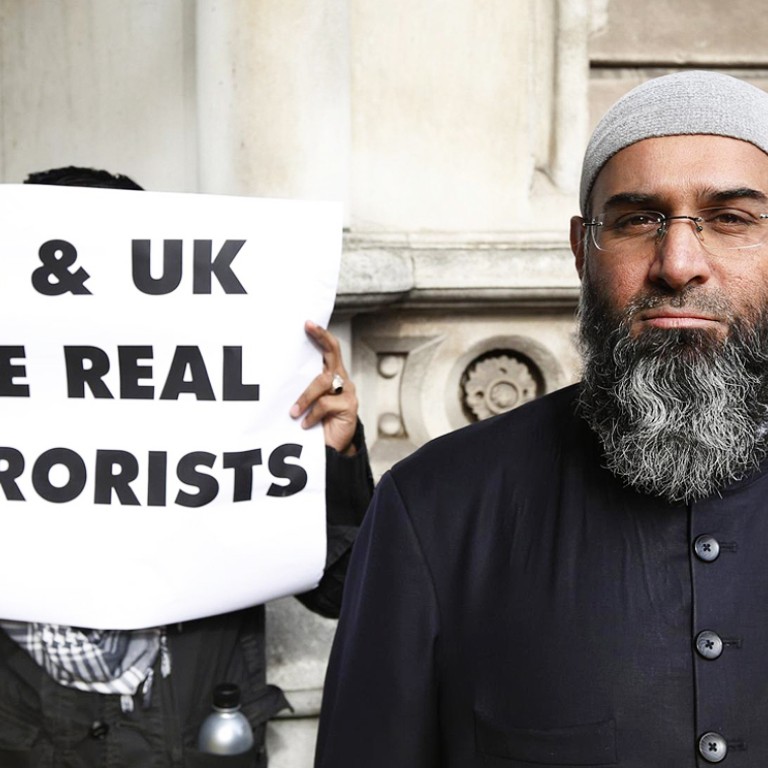
Nine arrested in UK ahead of parliament's vote on joining Iraq air strikes
British Prime Minister David Cameron was preparing yesterday for a key vote on joining air strikes in Iraq as police arrested nine people accused of links to Islamist extremism.
British Prime Minister David Cameron was preparing yesterday for a key vote on joining air strikes in Iraq as police arrested nine people, including a notorious radical preacher, accused of links to Islamist extremism.
Cameron was meeting ministers after returning from the UN General Assembly in New York, where he announced that parliament would vote today on British planes joining US-led strikes against Islamic State in Iraq.
Nine people were arrested in London early yesterday on suspicion of encouraging terrorism and belonging to and supporting a banned organisation.
They are accused of being members of the extremist Islamist group Al-Muhajiroun, co-founded by one of the detained men, Anjem Choudary.
The arrests were "part of an ongoing investigation into Islamist-related terrorism and are not in response to any immediate public safety risk," Scotland Yard said. Police were searching 19 properties following the arrests, all but one in London.
Al-Muhajiroun aims to overthrow the British government and replace it with an Islamic state before establishing a global Islamic caliphate, according to the London-based International Centre for the Study of Radicalisation and Political Violence.
Fighters with Islamic State, which has seized large areas of Iraq and Syria, have beheaded a British aid worker and two US journalists, and are also holding two other Britons.
While securing British support may not be crucial to the US-led offensive, Cameron told the UN Security Council he wanted it to "play its part" after US President Barack Obama urged the global community to unite against a "network of death".
Cameron has taken a cautious approach to military action against Iraq, haunted by a damaging House of Commons defeat over military action against President Bashar al-Assad's regime in Syria last year.
Although he has ruled out sending in ground forces, many lawmakers are likely to be cautious about air strikes on Iraq as Britain's involvement in the 2003 US-led invasion of the country remains deeply unpopular. A total of 179 British personnel died in Iraq between 2003 and 2009.
Cameron has warned them not to be "so frozen with fear" by past events "that we don't do anything at all".
Although Cameron could face hard questions during today's debate, the main opposition parties have pledged support.
Officials believe some 500 Britons have travelled to fight alongside Islamic State jihadis. Media reported on Thursday that up to five British passport holders had been killed by air strikes in Syria.
